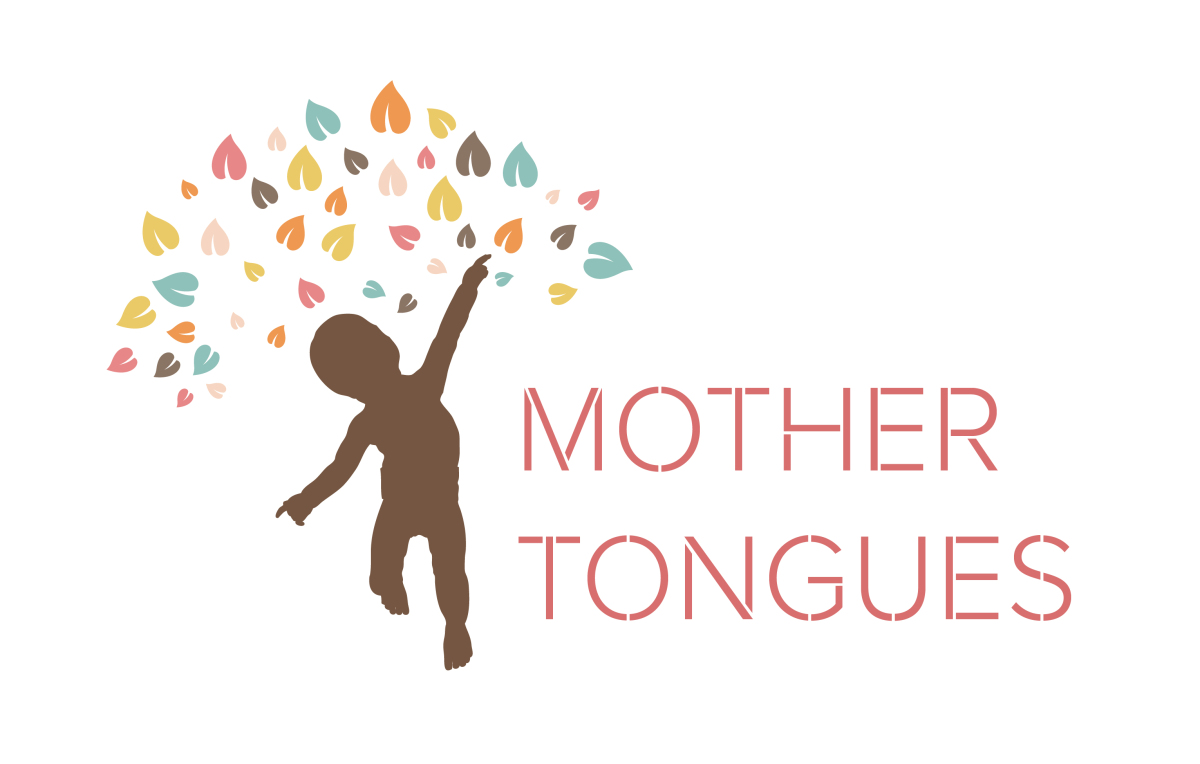- What It Is: A thin, flexible plastic implant (about the size of a matchstick) that contains a hormone and is placed under the skin of the upper arm.
- Advantages:
- Provides safe and very effective long-term birth control.
- Teens don't have to remember to do anything every day, week, or month to stay protected from unintended pregnancy.
- Does not need to be replaced for 3 years.
- Contains a progestin hormone that prevents the ovary from releasing an egg.
- Disadvantages:
- May have irregular bleeding.
- Less common side effects include weight gain, headaches, and acne.
- Does not protect against STDs, so should be used in conjunction with condoms.
- What It Is: A doctor inserts the small, flexible, T-shaped birth control device into the uterus. There are two types:
- Copper T IUD (Paraguard): Does not contain hormones and does not need to be replaced for 10 years.
- Levonorgestrel IUD (Mirena, Skyla): Contains a hormone; does not need to be replaced for 3 to 5 years.
- Advantages:
- Provides safe and very effective long-term birth control.
- Teens don't have to remember to do anything every day, week, or month to stay protected from unintended pregnancy.
- Options for both hormonal and non-hormonal types of IUD.
- May have less cramping and lighter periods with the levonorgestrel IUD (many teens stop having periods over time, which is perfectly healthy and often a blessing)
- Disadvantages:
- May have pain or cramping for a short time after insertion
- Levonorgestrel IUD: May have irregular bleeding or spotting (usually improves with time)
- Copper T IUD: May have increased menstrual cramping, spotting, and heavier bleeding (usually improves with time)
- Disadvantages:
- Does not protect against STDs, so should be used in conjunction with condoms.
- What It Is: A shot containing a hormone that prevents the ovaries from releasing an egg. It lasts for 3 months.
- Advantages:
- Only requires visits to the doctor every 3 months.
- "The Shot" also protects against endometrial cancer and iron-deficiency anemia.
- May have less cramping and lighter periods (many teens stop having periods after several doses which is perfectly healthy).
- Disadvantages:
- May have weight gain.
- May have irregular bleeding or light spotting (may improve with time).
- Once the hormone is discontinued, fertility may take up to two years to return to normal (usually within one year).
- Could interfere with normal increases in bone density, but this is usually restored after it is discontinued.
- May increase the risk of blood clots.
- Advantages:
- Does not protect against STDs, so should be used in conjunction with condoms.
- What It Is: You place the ring in your vagina once a month. It has hormones that prevent the ovaries from releasing an egg. The ring is in place for 3 weeks, and then removed for 1 week (during that week the user gets a period). The ring does not provide protection from STDs, so it is still important to use condoms.
- Advantages:
- May have lighter periods.
- May have less cramps.
- Acne may improve.
- Disadvantages:
- Can be hard for some teens to remember to replace the ring each month.
- May have headaches, nausea, vaginal discharge, or breast tenderness.
- May increase the risk of blood clots.
- What It Is: The patch contains hormones that are absorbed through the skin and prevent the ovaries from releasing an egg. It needs to be replaced once a week for three weeks; then it is removed for a week (during that week the user gets a period). The patch doesn't provide protection from STDs, so it is still important to use condoms
- Advantages:
- May have lighter periods.
- May have less cramps.
- Acne may improve.
- Disadvantages:
- Some teens have trouble remembering to change the patch each week.
- May increase the risk of blood clots.





